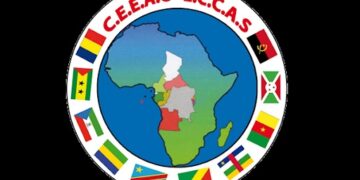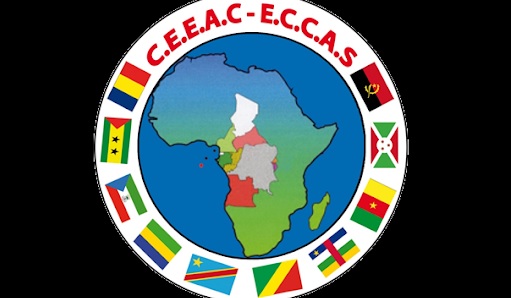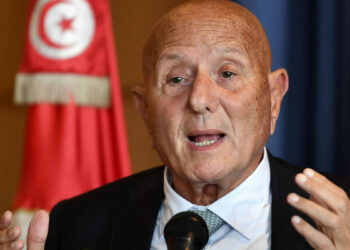By John Ikani
Following last week’s coup in Gabon, Central Africa’s mediator for the nation and its newly-installed military leader have come together to chart a “roadmap” towards reinstating democratic governance, according to a regime official.
General Brice Oligui Nguema was sworn in as interim president on Monday, following a coup on August 30 that marked the end of the Bongo family’s five-decade rule over the oil-rich state.
Gabon now finds itself in a troubling trend, joining the ranks of African countries such as Mali, Guinea, Sudan, Burkina Faso, and Niger, all of which have experienced coups within the past three years. This pattern has raised concerns both on the continent and globally.
The Economic Community of Central African States (ECCAS) dispatched its envoy, Central African Republic President Faustin Archange Touadera, to Libreville on Tuesday for discussions with General Oligui.
Touadera clarified, “ECCAS appointed me as a facilitator… to draft a roadmap enabling a swift return to constitutional order, with the agreement of the interim president,” during a brief statement on Gabonese television late Wednesday.
A senior official within General Oligui’s circle confirmed that, at this stage, both parties have concurred on initiating the blueprint. However, specific details of the plan and a timeline remain undisclosed.
The coup on August 30 garnered support from the military, police, a significant portion of the political opposition, and some members within the party of ousted President Ali Bongo Ondimba. Soldiers detained him shortly after he was declared the victor of a presidential election marked by allegations of fraud.
Gabonese civilians, weary of the corruption-ridden Bongo dynasty’s hold on their nation, also backed the coup. Despite its substantial oil wealth, Gabon still contends with a third of its population living in poverty.
Ali Bongo had held the presidency for 14 years, succeeding his father, Omar, who ruled for a staggering 41 years, earning a reputation for both kleptocracy and authoritarian rule.
General Oligui, upon assuming power, pledged to organize “free, transparent and credible elections” to restore civilian governance but refrained from specifying a timeframe.
In response to the situation, the 11-nation ECCAS suspended Gabon and directed the immediate relocation of its headquarters from Gabon to Equatorial Guinea, as confirmed by Equatorial Guinea’s vice president, Teodoro Nguema Obiang Mangue.

































